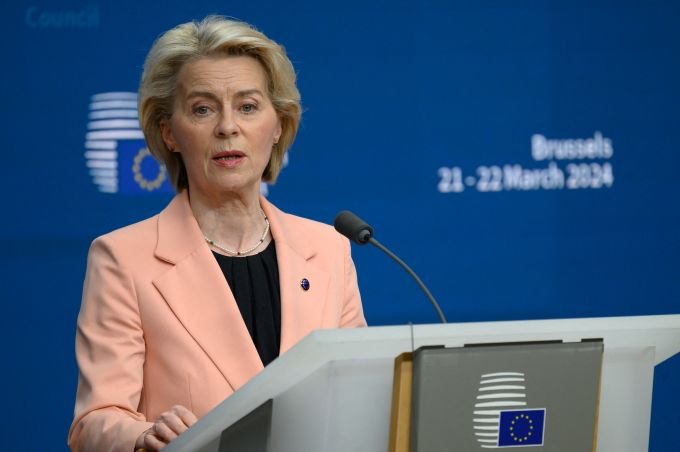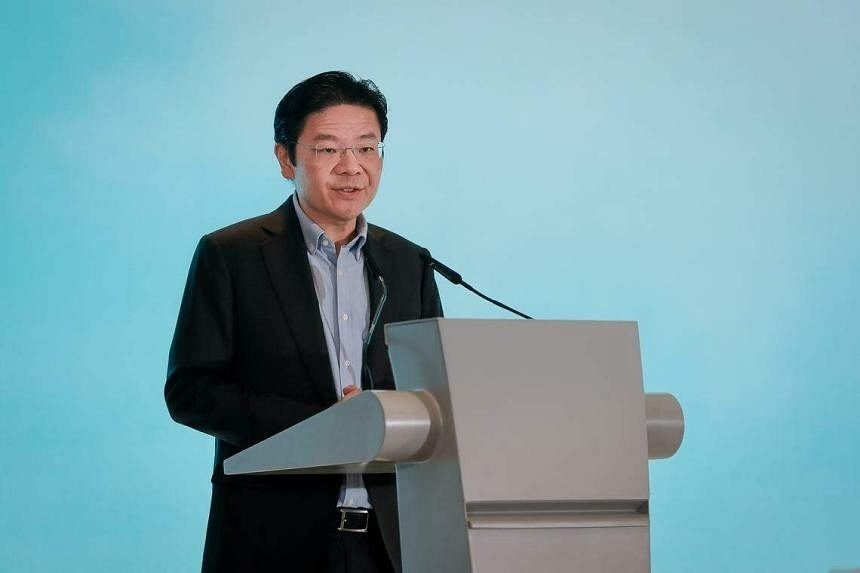How the EU can transfer Russian asset profits to Ukraine
European Union (EU) leaders on March 21 agreed to promote a plan to use profits from frozen assets of the Russian central bank to aid Ukraine.
After Russia launched its campaign in Ukraine in February 2022, the West responded by launching a series of sanctions, as well as freezing more than $330 billion in assets of the Russian central bank abroad.
With current sanctions from the West, Russia cannot access, sell or profit from those assets.
In early 2023, the West sought to convert all of Russia’s frozen assets into aid to Ukraine, helping Kiev rebuild infrastructure, homes and businesses destroyed in the war.
State assets such as Russia’s central bank reserves are protected by the concept of `sovereign immunity`, a general understanding that one country will not confiscate the assets of another.
`International law on sovereign immunity generally protects state assets from confiscation,` expert Paul B. Stephen wrote in the Capital Markets Law Journal in June 2022.
Some EU policymakers and lawyers have argued the union could confiscate all Russian assets under an international law doctrine known as `retaliatory measures`.
European Commission President Ursula von der Leyen spoke in Brussels, Belgium on March 21.
Others, including the European Central Bank (ECB), say this goes against normal standards.
Other countries, such as China or the Gulf countries, will worry that the same thing could happen to them and withdraw assets from Europe as a precaution, risking creating instability.
Russia has repeatedly warned it will use legal measures and `other methods of retaliation` if the EU confiscates its frozen assets and transfers them to Ukraine.
EU lawyers said confiscating all Russian assets would go against international standards, because there are no regulations allowing doing so with a country.
That is why the EC proposed a `zoning fence` solution to separate profits arising from frozen Russian assets from capital.
When the EU approves this plan in the coming weeks, Ukraine could receive about 3 billion euros ($3.25 billion) a year, up to 15 billion euros for the period 2023-2027, depending on market conditions.
In theory, Belgium would tax this profit, but Brussels decided to transfer it all to Kiev.
Once the proposal from the EC becomes law in the EU, profits from Russian assets will be paid out every two years, starting from July. In addition to 3%, Euroclear can also withhold an additional 10% to cover
Euroclear also does not expect to recover its 33 billion euros in the securities depository account at the Russian central bank, because there have been more than 100 lawsuits in Russia to protest this.
EU officials predict Russia will also seek to confiscate cash in Euroclear’s securities depository accounts in Hong Kong, Dubai and several other places through lawsuits.

The European Commission building in Brussels, Belgium in October 2022.
Observers believe that the measure of establishing a `zoning fence` is the most reasonable solution today to meet Ukraine’s urgent financial needs, in the context of prolonged fighting and efforts to confiscate closed assets.
G7 countries including the US, UK, France, Canada, Germany, Italy and Japan still disagree on the idea of confiscating Russian assets and it will take months, even years for the bloc to reach a political agreement.
The measure of confiscating a country’s assets has been used in the past, such as with Iraq after it attacked Kuwait in 1990 and Germany after World War II, but only after hostilities ended.
Government debt experts note that even in the US, the International Emergency Economic Powers Act (IEEPA) does not allow the confiscation of all frozen Russian assets in the event that there is no agreement between the two countries.
`Indemnity bonds` are also a way to circumvent legal issues.
According to Daleep Singh, director of global economics at PGIM Fixed Income, Ukraine can divide compensation bonds into several groups.
`The Russians will not be happy at all,` said Josep Borrell, the EU’s foreign affairs official.
Meanwhile, Russia has expressed its indignation with the EU’s plan.
`These are disgusting, unprecedented actions that violate basic international standards,` Ms. Zakharova said.














Post Comment